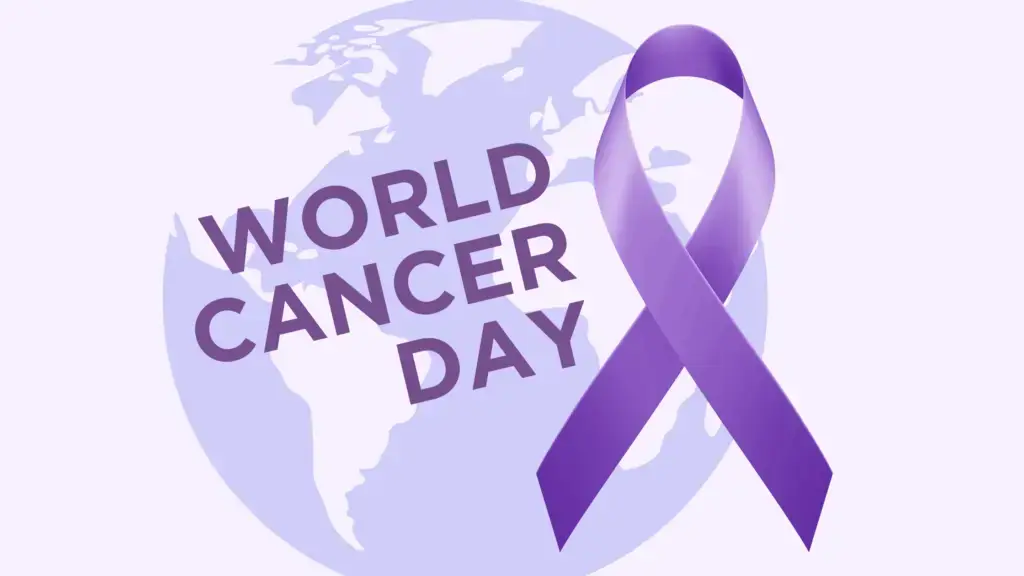Can pancreatic cancer be prevented? There is no sure way to prevent pancreatic cancer. Some risk factors such as age, gender, race, and family history can’t be controlled. But there are things you can do that might lower your risk.
- Quit smoking
- Watch your diet, body weight, and physical activity
- Avoid heavy alcohol use
- Limit exposure to chemicals in the workplace
Pancreatic cancer early detection poses unique challenges. Our efforts focus on supporting early detection, screening, and prevention of pancreatic cancer. There is still NO known cause in most patients.
There is no standard early detection screening test available for pancreatic cancer like there is for colorectal, breast, cervical, and prostate cancers. The best thing you can do is know your risk level and be aware of changes in your body. If you are at high risk, seek help from a medical center in your area that has a pancreatic cancer program. You can find one closest to where you live by visiting https://precedestudy.org/
Who is at high risk for pancreatic cancer?
Typically, about 10% of pancreatic cancers are considered familial or hereditary. Most cases of pancreatic cancer occur randomly, or can be caused by factors such as smoking, obesity, and age.
Are there any early warning signs of pancreatic cancer?
Pancreatic cancer symptoms are often vague and misdiagnosed. But the most common warning sign is significant weight loss accompanied by abdominal pain. This pain may feel vague but will gradually worsen and may decrease when leaning forward and increase when lying down. Pain is often severe at night and may radiate to the lower back.
One of the reasons pancreatic cancer is so difficult to detect early is because many of these symptoms are more likely to be caused by other conditions or there are no symptoms at all. Unlike for breast cancer and colon cancer, there is no general screening test for pancreatic cancer. That is why it is so important to know the symptoms and keep up with annual medical checkups.
Some common symptoms of pancreatic cancer include: (Check with your doctor if you have any of the following)
- Abdominal or back pain
- Nausea
- Loss of appetite
- Jaundice (Yellowing of the skin and eyes)
- Weight loss
- Changes in stool (Oily or watery)
- New-onset diabetes
How Is Pancreatic Cancer Treated?
Depending on the type and stage of the cancer and other factors, treatment options for people with pancreatic cancer can include:
- Surgery
- Ablation or Embolization Treatments
- Radiation Therapy
- Chemotherapy
- Targeted Therapy
- Immunotherapy
One treatment option for pancreatic cancer is surgery to remove the parts of the pancreas affected by the tumor. Where surgery is not possible, chemotherapy and radiation therapy is used to improve a patient’s quality of life.
Even if all visible cancer is removed, often some cancer cells have already spread to other parts of the body. Unfortunately, only 15-20% of patients are candidates for surgery at the time of diagnosis and among these, postoperative survival is less than 20 months with a 5-year survival of only 20%.
How Can You Prevent Pancreatic Cancer Naturally?
We are still understanding how these factors can influence pancreatic cancer but a healthy lifestyle is always the first step to overall wellness. Eating healthy and maintaining a healthy weight may help lower your risk.
The American Cancer Society recommends following a balanced diet that includes plenty of fruits, vegetables, whole grains, and that limits or avoids processed meats, sugary drinks, and highly processed foods.
How You Can Help Early Detection Research
A recent study estimated that it took approximately 7 years for an original pancreatic tumor to become sizable and roughly 10 years for that tumor to metastasize. This large window of growth time is promising – it gives doctors more time to detect pancreatic cancer early. With new research and developing early detection methods, thousands of lives could be saved.
What could the future of early detection for pancreatic cancer look like? It could be a blood-based test, it could be an imaging test, or it could be something that’s a conglomerate. The gift of health can change the world
At TrovaNOW, our mission is to raise funding for collaborative research for early detection and prevention – with the aim of increasing the 5-year survival rate from 12% to 50% within the next 10 years.





